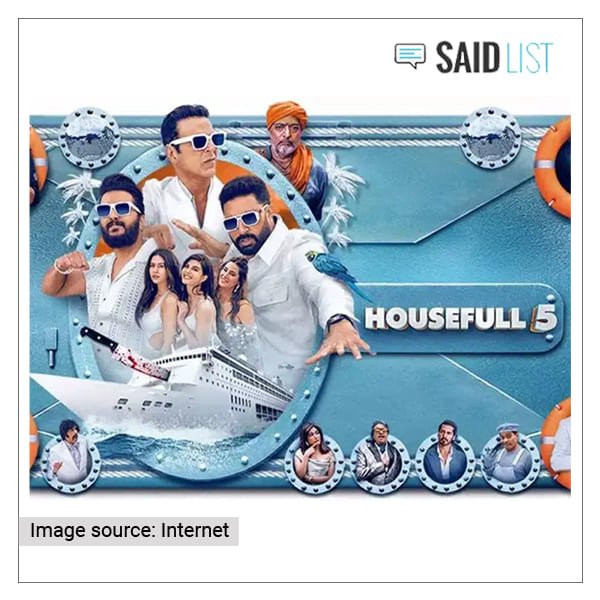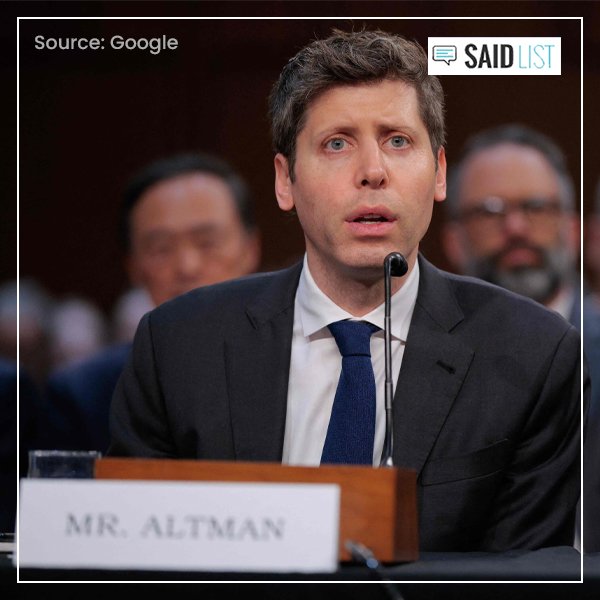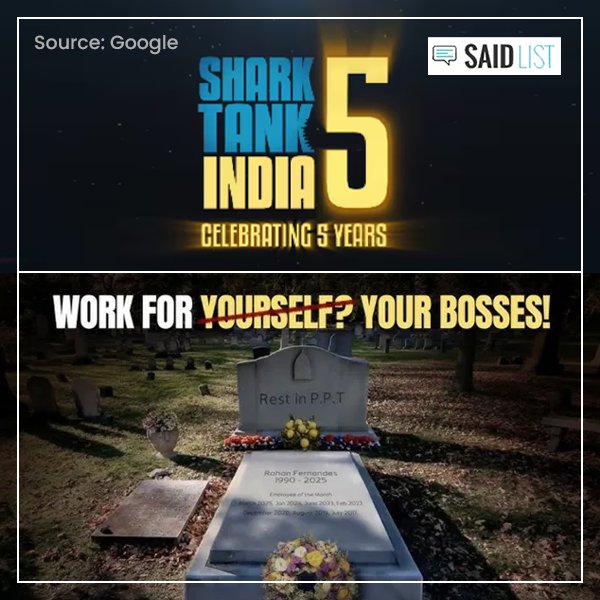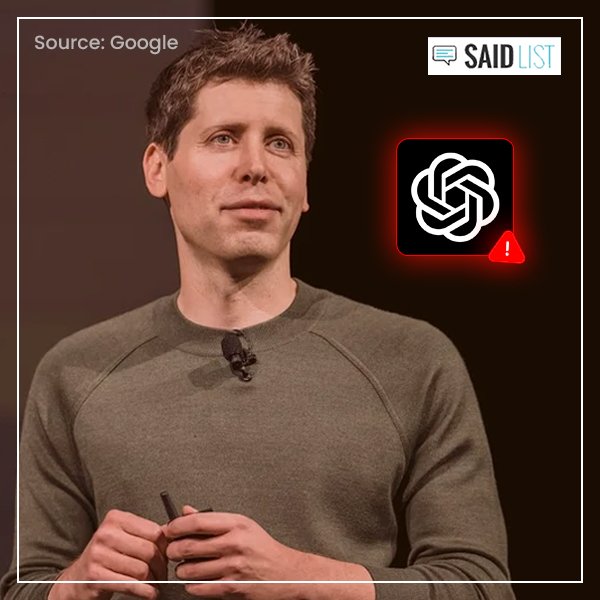MTV Hustle, the popular hip-hop reality show, has recently found itself in the middle of a significant controversy. The hashtag #ShameOnMTVHUSTLE has taken over social media, highlighting allegations of censorship and suppression of independent creators. This issue came to light when Rohan Cariappa, a Bengaluru-based hip-hop content creator and YouTuber, accused MTV of taking down several of his YouTube videos.
MTV Hustle and the #ShameOnMTVHUSTLE Controversy
The controversy began when Rohan Cariappa critiqued MTV Hustle judge Ikka. He pointed out that Ikka wore a Harley-Davidson jacket on a show sponsored by Royal Enfield.
Rohan shared this observation in one of his YouTube videos, highlighting the inconsistency in sponsorship representation. After the video gained traction, Rohan alleged that MTV issued takedown requests for multiple videos on his channel.
On November 30, Rohan addressed the issue on X (formerly Twitter), tagging Royal Enfield in his post. He expressed his defiance with the phrase, “Sorry! Main toh na sehta,” a declaration resonating with the hip-hop community’s values of standing up against suppression. This sparked widespread online support for Rohan and criticism against MTV Hustle, leading to the viral hashtag #ShameOnMTVHUSTLE.
The Allegations Against MTV Hustle
Social media users accused MTV Hustle of stifling dissent and censoring independent creators like Rohan Cariappa. Fans and followers were quick to rally behind him, demanding accountability from the channel. The allegations painted a picture of a platform that, despite being a part of the hip-hop community, failed to uphold its ethos of creative freedom and self-expression.
Rohan added fuel to the fire by claiming that MTV removed his YouTube videos without proper justification. This action intensified the backlash, as many saw it as an attempt to silence criticism. The incident raised concerns about the balance between corporate sponsorship and the freedom of creators to express themselves without fear of repercussions.
MTV’s Response to the Backlash
As the controversy gained momentum, MTV issued a statement emphasizing its commitment to the hip-hop community and constructive feedback. However, this statement did not include an apology to Rohan Cariappa. For many fans and critics, this omission was a missed opportunity to address the core issues and take accountability.
MTV’s stance, while seemingly supportive of artistic expression, failed to quell the anger of those who saw the actions against Rohan as contradictory to the platform’s message. The lack of a direct response to the allegations left a gap that further fueled the social media backlash.
BoAt’s Involvement in the Controversy
One of MTV Hustle’s official sponsors, BoAt, also weighed in on the controversy. BoAt deleted a statement in which it emphasized the importance of creative freedom. The statement read, “We firmly believe that this should never come at the cost of limiting the freedom to comment, critique, or create content on any topic for other creators. We do not support the recent actions that have caused concern within the artist community. We sincerely hope this matter is resolved amicably.”
BoAt’s response supported creators and preserved the integrity of the artist community. However, its removal left fans questioning the brand’s position and possible external influences.
The Impact on Rohan Cariappa
Amid the growing backlash, Rohan Cariappa updated his followers on social media. He revealed that his YouTube channel had been reinstated.
This was a significant win for Rohan and his supporters, who had fought for his right to express his opinions.
Rohan also announced plans to release a comprehensive video detailing the entire incident. The video aims to provide an in-depth account of his experience and offer transparency. It will also shed light on the challenges independent creators face with larger platforms.
What This Means for Creative Freedom
The MTV Hustle controversy has sparked important conversations about the role of platforms in supporting creative freedom. Hip-hop, as a genre and culture, is built on the principles of self-expression and resistance against oppression. Therefore, any action perceived as undermining these values is bound to face criticism.
Furthermore, the allegations against MTV Hustle highlight a broader issue faced by creators across industries. Independent content creators often operate in spaces where corporate interests and sponsorships hold significant sway. Consequently, this incident serves as a reminder of the need to balance these interests with the preservation of creative integrity and freedom.
Lessons for the Hip-Hop Community
For the hip-hop community, this controversy underscores the importance of staying true to its roots. Platforms like MTV Hustle, which claim to celebrate hip-hop culture, must prioritize the values that define the genre. Censorship, whether perceived or real, can erode trust and alienate the very audience these platforms aim to engage.
Furthermore, the outpouring of support for Rohan Cariappa demonstrates the power of community and solidarity. Fans and fellow creators rallied behind Rohan, using social media as a tool to amplify his voice and hold larger entities accountable. This collective action highlights the strength of the artist community in advocating for fairness and transparency.
Moving Forward: Lessons from the MTV Hustle Controversy
As the dust settles on the MTV Hustle controversy, there are valuable lessons to be learned for all parties involved. Platforms must recognize their responsibility in fostering an environment where creators can express themselves without fear of censorship. Corporate sponsors must support artistic freedom and ensure their actions align with the values they claim to uphold.
For creators like Rohan Cariappa, this incident highlights the challenges of navigating spaces dominated by larger entities. It also demonstrates the power of resilience and the importance of speaking out against perceived injustices.
The #ShameOnMTVHUSTLE controversy sparks crucial discussions about creative freedom, censorship, and platform responsibilities within the hip-hop community. It calls on all stakeholders to prioritize authenticity and respect the voices of independent creators.
Conclusion
The MTV Hustle controversy, fueled by the #ShameOnMTVHUSTLE hashtag, has brought issues of creative freedom and censorship into the spotlight. Consequently, the backlash against the platform and its handling of Rohan Cariappa’s critique raises important questions. It, therefore, highlights the delicate balance between corporate interests and artistic integrity.
As the hip-hop community continues to grow, it is essential for platforms, sponsors, and creators to uphold the principles of self-expression and authenticity. Furthermore, the lessons from this controversy should serve as a foundation for building a more inclusive and supportive creative ecosystem.











